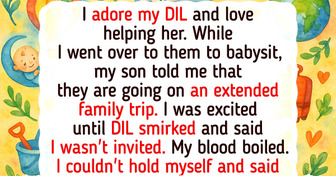I'm ok with brushing my teeth longer and more but less sugar?? nope. no can do hahahah
Rinsing Your Teeth After Brushing Them Can Cause Cavities, According to a Specialist
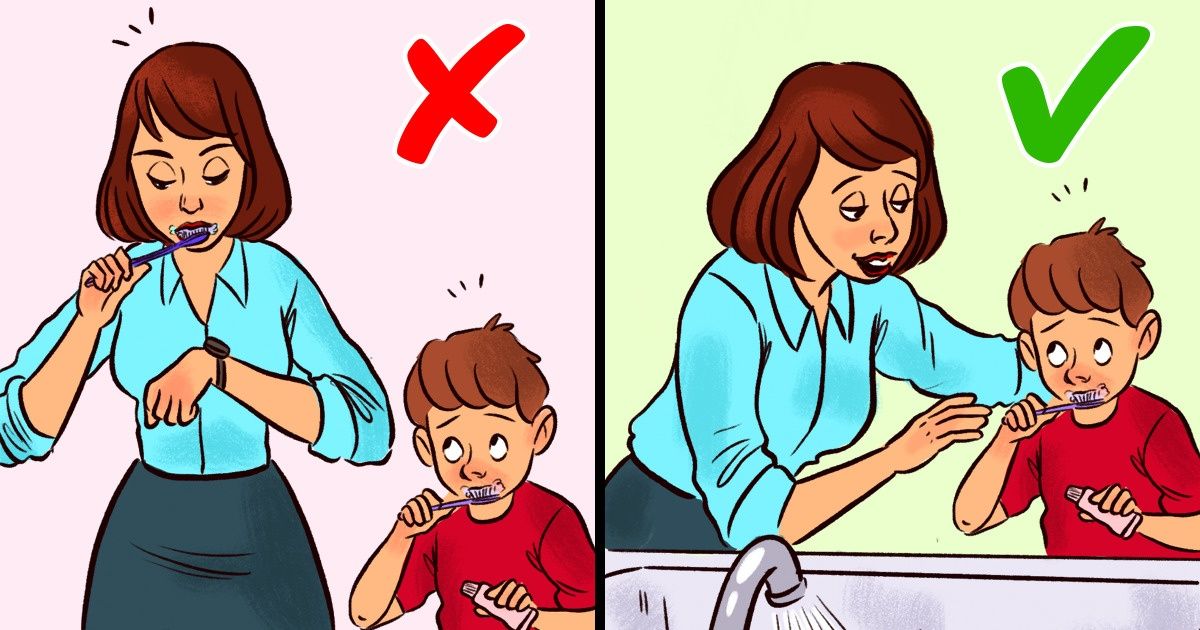
Brushing our teeth is one of the rituals we repeat the most throughout our lives, most of the time without even noticing that we are doing it automatically. But that doesn’t mean that there aren’t better (or worse) ways of doing it. For instance, there are things we do when brushing our teeth that could end up causing cavities.
That got the Bright Side thinking about what we normally do when brushing our teeth, so we thought it’d be a good idea to write an article about this study. After all, it’s so normal to eat, brush, and rinse your teeth, that we might not even realize we’re doing it wrong!
Fluoride is the heart and soul of your toothpaste.
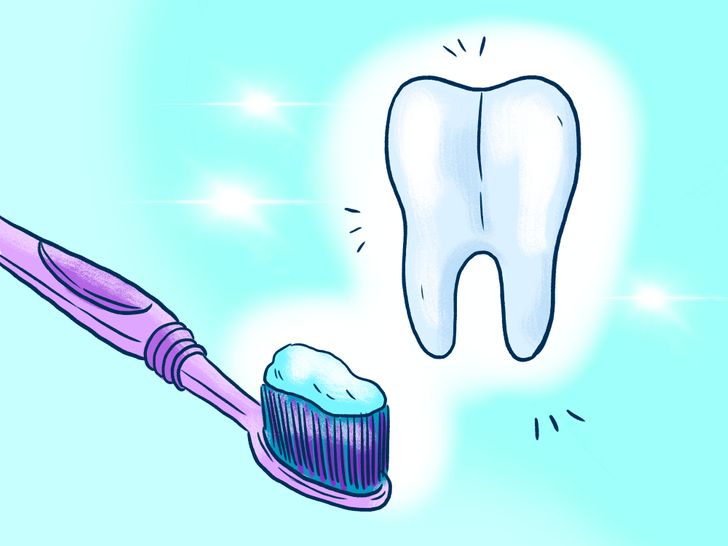
This amazing invention, meant to be used daily, is a product that contains a combination of ingredients, the most important of which is fluoride. That’s because its function is to protect the tooth enamel from bacteria, which cause infectious diseases like cavities. These bacteria could cause the deterioration of your teeth. In other words, the use of toothpaste in your dental hygiene can reduce the risk of cavities by around 25% to 45%, to be precise.
But how long you brush your teeth can also have an impact on cavities.
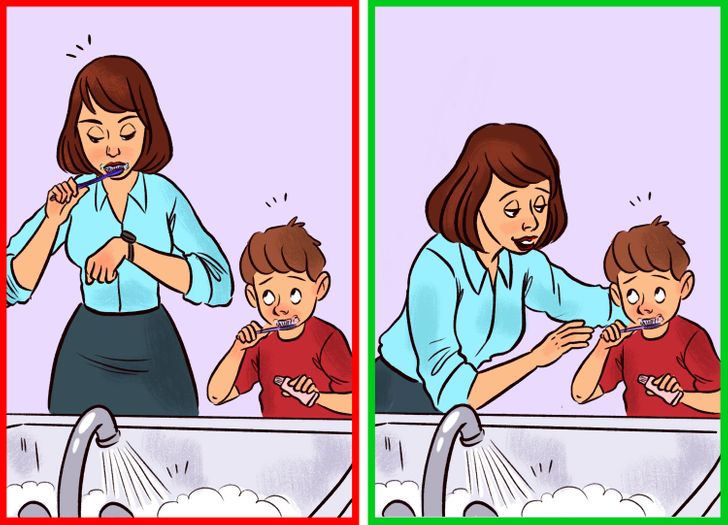
Sadly, most people brush their teeth for just around 45 to 70 seconds. This might be related to the fast pace in which we are forced to lead our modern lives. However, the Scottish Dental Clinical Effectiveness Programme (SDCEP) recommends brushing your teeth for about 2 minutes to prevent tooth decay and other oral hygiene-related diseases.
Rinsing too much can damage your teeth.
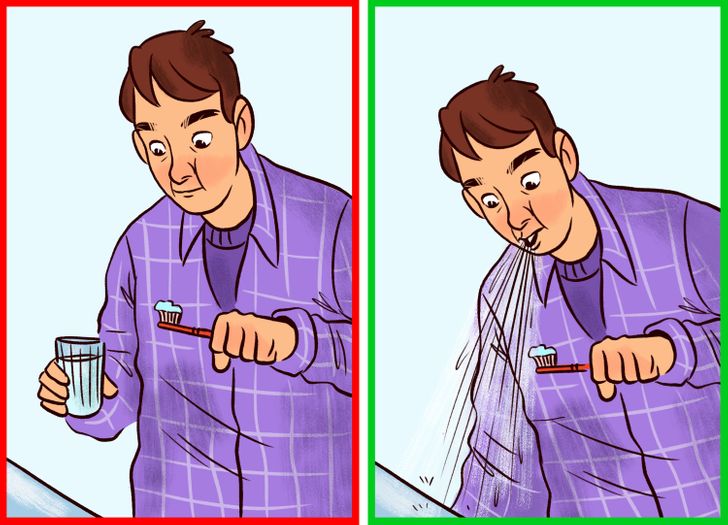
While you might think it’s a great idea to remove all traces of toothpaste from your teeth after brushing, thorough rinsing is actually not the way to go. Or at least that’s what Dr. Clement Seeballuck, Clinical Lecturer in Pediatric Dentistry at the University of Dundee, revealed in a study. According to him, it’s better to just spit out the residue, since over-rinsing can wash the fluoride from your toothpaste off of your teeth, making the protection it offers less effective.
Brushing at night is more important than you think.
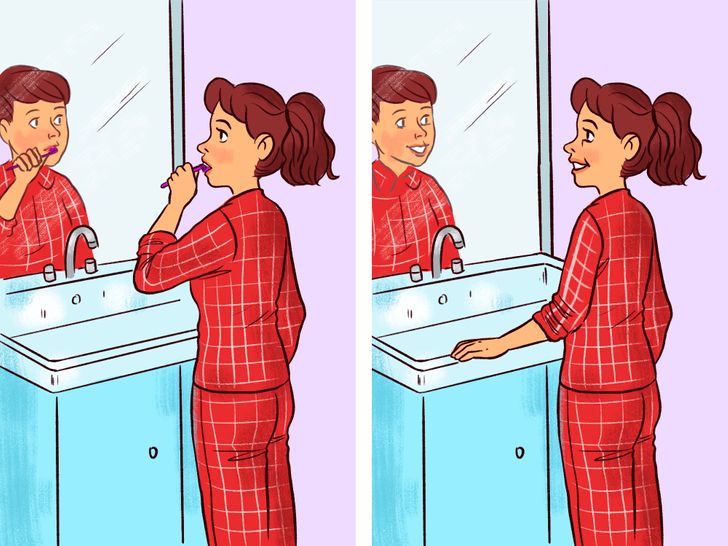
In the same study, Dr. Seeballuk also said that brushing your teeth at night is extremely important. That’s because while we sleep, we don’t generate the same amount of saliva as when we’re awake. Because of this, our mouth does not eliminate the residues that feed the bacteria capable of causing tooth decay with the same ease. It’s for this reason that doctors often recommend that we not eat food after brushing our teeth.
Less sugar equals fewer cavities.
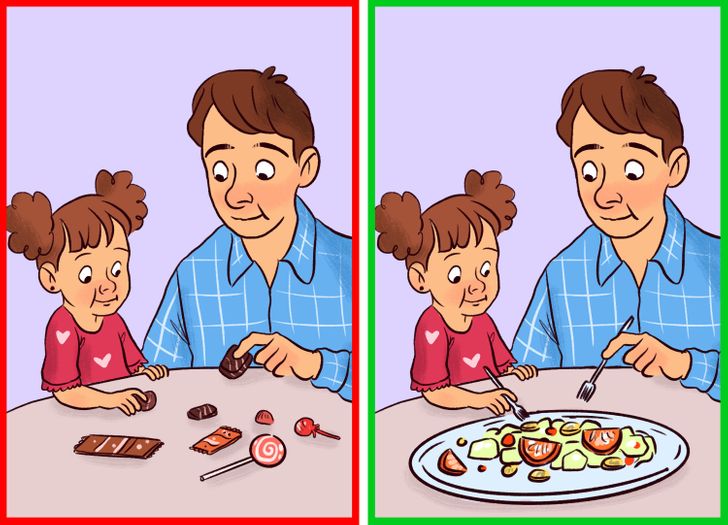
In addition to proper technique, the WHO suggests reducing the consumption of additives and sugar in food to less than 10% of your daily calories. According to them, this can help us take better care of our teeth. The consumption of entire fruits is recommended over processed juices or drinks, since the bacteria that cause tooth decay feed on these sugars.
How many times a day do you brush your teeth? Do you think you should change something in your oral hygiene routine? Let us know in the comments.
Comments
Fresh fruits, veggies, no sweets, no soft drinks, less coffee those all help our teeth ;)
To paraphrase Jerry Seinfeld, if the human mouth was a car, you wouldn't buy it. :P
My dentist said to brush for at least 2 minutes and especially when we eat sweets we need to brush right after
the only problem is that I hate the taste of toothpaste so I always make sure I rinse my mouth off :(
I also don't like how most of the toothpastes taste, but I found a way.. I bought myself kids toothpaste with strawberry of bubble gum taste. Love it ?
oh my, that's maybe an option haha
Related Reads
20 People Who Changed the Lives of Others by Simply Being Kind
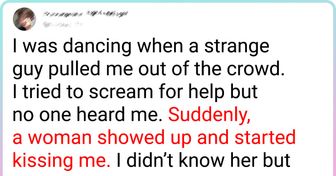
16 Stories That Prove Kindness Is the Quietest Yet Strongest Language in the World
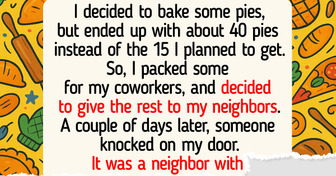
12 Moments That Prove Kindness Takes Seconds but Stays Forever
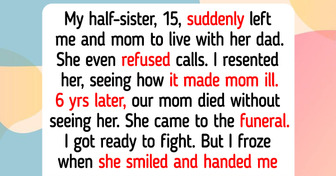
17 Moments That Prove Quiet Kindness Can Work Real Miracles
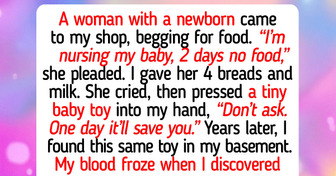
13 Quiet Acts of Kindness That Turned Ordinary People Into Superhumans
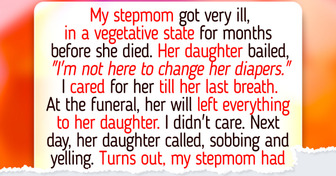
My Daughter Wanted Me to Pay for Her Wedding—I Gave Money to Someone Who Actually Deserved It
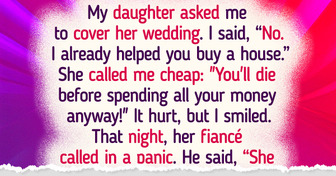
I Refused to Pay for My Stepson’s College—He’s Not My Responsibility
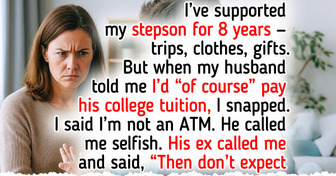
I Refuse to Lie for My Manager, Even If It Costs My Promotion, Salary, and Standing at Work

I Refuse to Be a Wallet for My Girlfriend’s Kids, and Her Family Is Calling Me Selfish
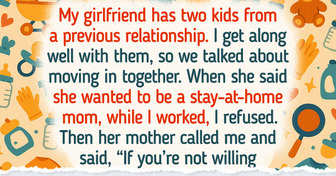
I Refused to Choose Which Grandchildren to Love
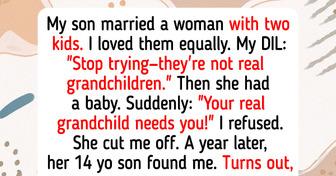
I Refused to Return to the Office After Years of Remote Work — Then HR Dropped a Bombshell
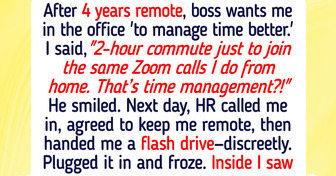
My DIL Shut Me Out of the Family Vacation but I Didn’t Hold My Tongue
